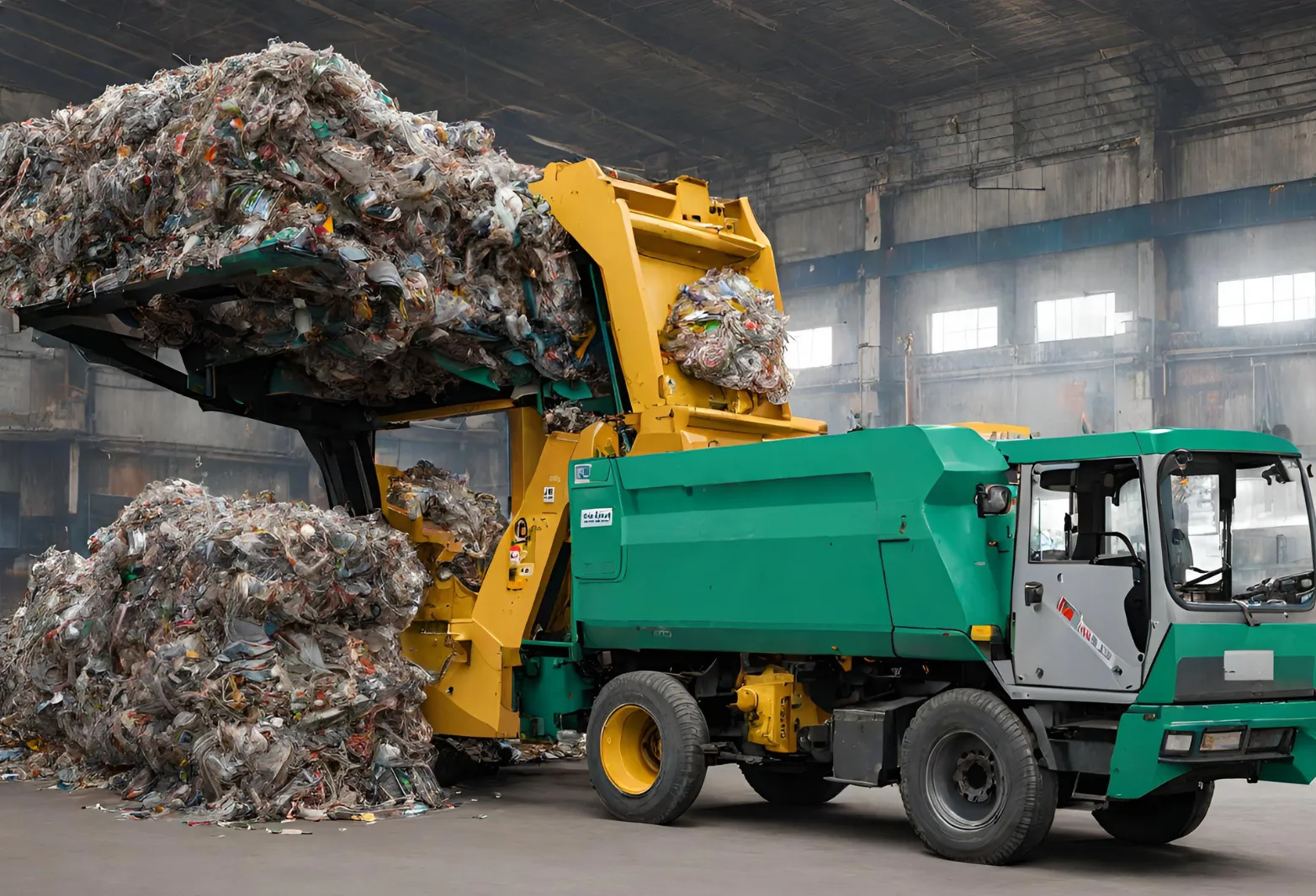
In the ever-evolving landscape of waste management, baling machines have emerged as indispensable tools, revolutionizing how businesses and industries handle scrap materials. These machines play a crucial role in encouraging efficient scrap management, reducing waste volume, and contributing to a more sustainable environment.
Streamlined Scrap Compaction:
Baling machines operate on the principle of compacting scrap materials into tightly bound and manageable bales. This streamlined compaction process significantly reduces the volume of various materials, including cardboard, plastics, paper, and metals. The result is a more efficient and space-saving approach to scrap management.
Reduced Waste Volume, Lower Costs:
One of the primary benefits of baling machines is their ability to reduce waste volume. With compacted bales, businesses experience a drastic reduction in the amount of space required for storage and transportation. This not only leads to lower waste disposal costs but also minimizes the environmental impact associated with landfill usage.
Profitable Recycling Opportunities:
Baling machines contribute to the creation of valuable commodities through compacted recyclables. These bales, with reduced volume and increased density, become profitable materials that can be sold to recycling facilities. This dual benefit of waste reduction and revenue generation enhances the overall efficiency of scrap management.
Environmental Sustainability:
The environmental impact of traditional waste disposal methods is a growing concern. Baling machines address this issue by minimizing the need for landfills, reducing soil pollution, and decreasing greenhouse gas emissions associated with waste decomposition. By promoting the recycling of materials, these machines actively contribute to a more sustainable and eco-friendly approach to scrap management.
Versatility in Material Handling:
Baling machines are designed to handle a variety of materials, making them versatile solutions for different industries. Whether it’s managing cardboard in retail, plastics in manufacturing, or metals in recycling facilities, these machines can adapt to diverse material types, providing a comprehensive solution for effective scrap management.
Improved Workplace Efficiency:
Implementing baling machines in scrap management processes leads to improved workplace efficiency. The automated or semi-automated operation of these machines reduces the manual effort required for handling and processing scrap materials. This not only saves time but also enhances overall productivity.
In conclusion, baling machines play a pivotal role in encouraging efficient and sustainable scrap management practices. By reducing waste volume, creating profitable recycling opportunities, promoting environmental sustainability, offering versatility in material handling, and improving workplace efficiency, these machines contribute significantly to the transformation of waste management processes. Embracing baling technology is not just a step towards efficient scrap management; it’s a strategic move that aligns businesses with the values of sustainability in the modern era.
Explore are Hydraulic Balers, Shears, Shredders